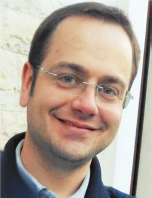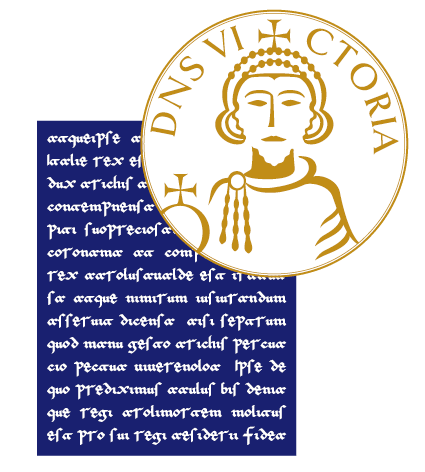University phone book

The scientific activity carried out has been characterized by the continuous search for new approaches based on Soft Computing techniques for solving different problems related to transportation systems engineering.
The path taken has led the scientific production to define models, methods and procedures that take into account the various approaches in the literature by identifying their potential with respect to the problem to be addressed and to the data potentially available, searching for the formulation that could guarantee the optimal solution.
This path starts from the training acquired during the PhD course in which topics in Transportation Systems Theory related, in particular, to alternative methodologies based on Fuzzy logic to model the choice behavior of users in a transportation network were addressed.
In general, the work produced can be classified according to the following topics:
- Intelligent transportation systems (ITS) using soft-computing techniques
Mobility is a fundamental aspect in any modern work-based society. However, every day, increasing levels of congestion underscore the importance of new technological developments such as, for example, in the field of Intelligent Transportation Systems (ITS).
The idea of such systems is to optimize the use of existing infrastructure, through traffic control operations, and avoid the construction of new infrastructure. One example is Dynamic Route Guidance Systems, which help travelers move through the road network as easily and efficiently as possible. Currently, one of the problems in traffic management is due to the scarcity of information.
Of course, when en-route choices are made, users constantly combine different sources of information with expectations from traffic conditions, but they can hardly obtain data about the overall situation of the road network. So, they have only partial and inaccurate knowledge of traffic conditions in the network, and it is not possible to coordinate their behavior. For example, it is not possible to influence the departure time so as to decongest the network. Moreover, pre-trip information allows users to estimate the travel time of their trips taking into account future developments in traffic conditions.
Several papers have been developed on this topic, starting from the doctoral thesis, published in journals or conference proceedings. The proposed models are based on the use of Soft Computing techniques, particularly Fuzzy logic and Possibility Theory. The work done has highlighted the effectiveness of these models in reproducing user choice behavior. Data were acquired through Stated Preference (SP) surveys using driving simulators. The work was carried out in collaboration with the Universities of Naples and Padua.
- Optimization methods in transportation planning and urban logistics
The literature is showing increasing interest in the use of innovative techniques for the optimization of transportation problems. Several papers have been done on this topic in which new metaheuristics based on Swarm Intelligence are proposed for solving complex problems in the transportation domain.
Dynamic O/D matrix correction is addressed in the work where the classical approach, based on the GLS estimator is integrated with a dynamic network loading model based on Bee Colony Optimization (BCO). The overall method is a metaheuristic that allows the problem to be released from the path choice model and results in good computational performance.
In the context of dynamic assignment, the BCO metaheuristic was used in conjunction with a mesoscopic simulation model in order to obtain a new assignment model (based on System Optimum) for travel time estimation, producing a paper published in Transportation Research Part C.
BCO metaheuristics proved effective in solving complex combinatorial problems. It has been used in the context of airport gate assignment producing several papers. Recently a new optimization method, Fuzzy Bee Colony Optimization (FBCO), has been proposed and published in Transportation Research Part C.
Other optimization methods have been proposed to solve Network Design problems. In particular, innovative metaheuristics (Harmony Search, Artificial Bee Colony) have been applied for optimization of traffic light cycles, producing two papers in collaboration with Pamukkale University (Turkey).
Recently, scientific research work is covering the interesting area of urban logistics. In particular, the emerging approach of using drones in conjunction with freight vehicles to optimize total transportation costs is being analyzed. Initial research results have been published in the journal IET.
- Simulation models of pedestrian behavior in emergency situations
Understanding competitive evacuation behaviors can be useful in avoiding tragic events: evacuation models are useful both in the design of large buildings and in evaluating their operational characteristics under emergency conditions. Simulating the movements of pedestrians within an area in the presence of obstacles or hazardous events, such as fire or explosion, and describing factors that make a pedestrian capable of autonomously determining the path to the destination destination are crucial problems involving the study of specific evacuation plans.
In this area of research, an innovative approach was proposed to model, through verbal variables and linguistic rules inherent in Fuzzy logic, the imprecision present in the way pedestrians reason when faced with panic or emergency situations. The work done led to winning first prize in the pillar "Safety and Security" at the Young European Arena of Research contest (YEAR 2010) after being selected as one of 50 finalists out of more than 300 abstracts. The model was later improved and validated with experimental data, leading to two additional papers.
